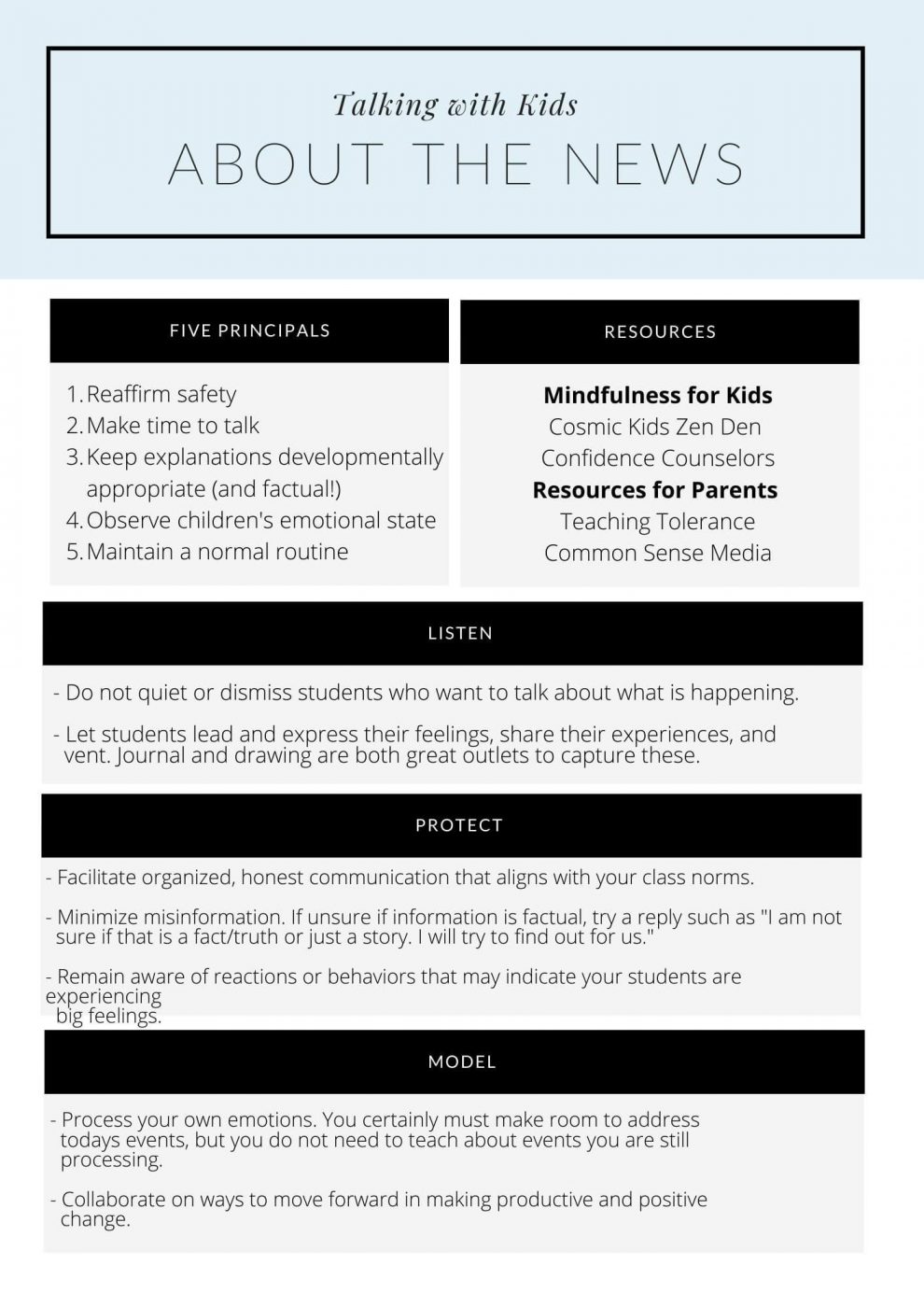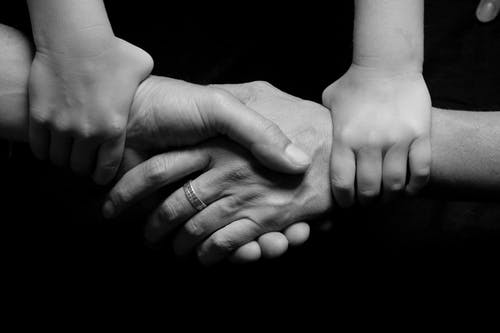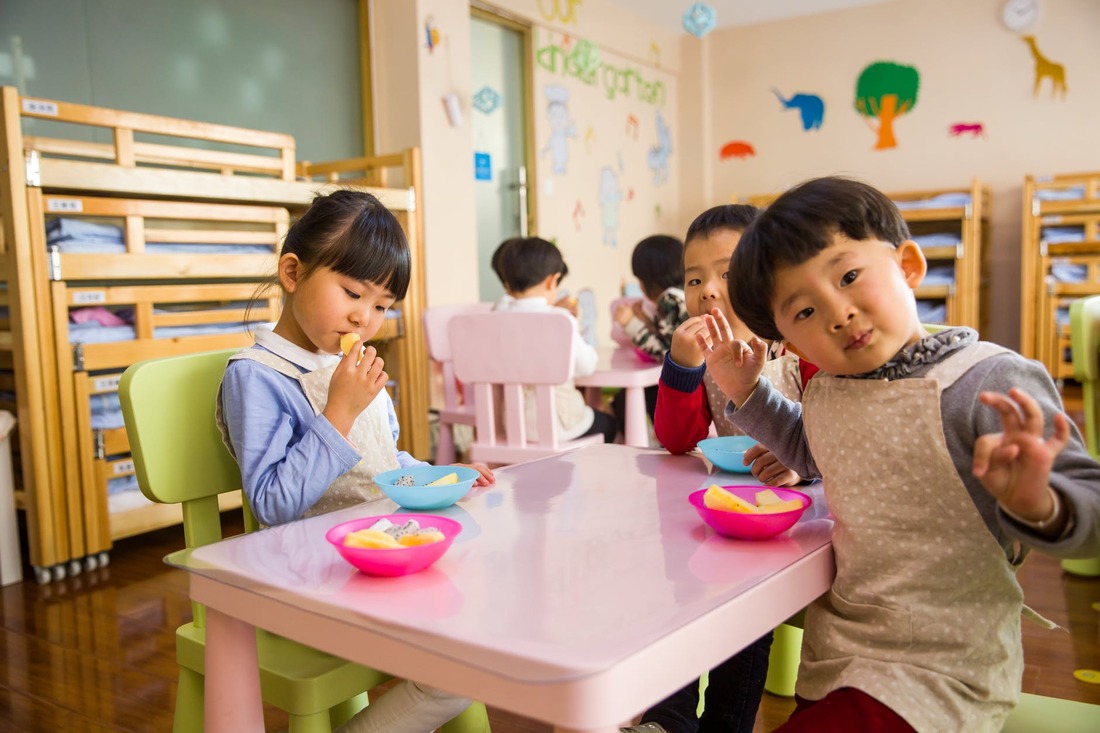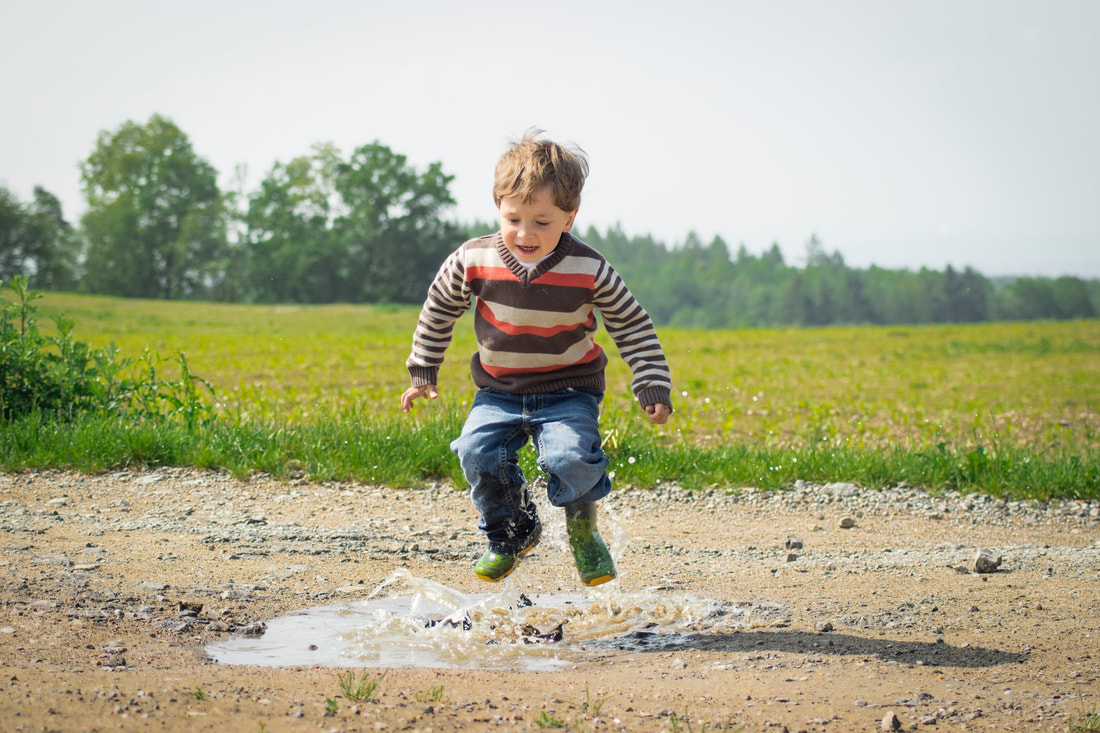You can!
Did you know that power struggles are part of normal development for children? It’s how our children learn to be in control of their actions and emotions. For many parents, this can feel like an overwhelming time where there is a rise in new behaviors that you haven’t seen before, such as falling to the floor, screaming, shouting ‘no’, and making unreasonable demands. Yup, you have arrived!
It’s a Matter of Control
First let’s talk about CONTROL. Think about control as a beach bucket. Each time you ask your child to do something or follow a direction, (e.g., “It’s time to go,” “Grab your shoes,” or “Come to the table to eat dinner,” etc.) you are adding one scoop of sand into the bucket. Before you know it, that bucket will overflow, and your child will feel a loss of control and a rush of emotions. Think about how many directions you give your child in one hour. That will fill up the bucket quickly, which can s be overwhelming for your child. Result: temper tantrum.
To prevent the overflow, you must take scoops out of the bucket throughout the day, or in other words, give your child a sense of control. Here’s an easy way to give your child a sense of CONTROL (works for any age).
Offer your child simple choices continuously throughout the day.
- “Do you want the pink plate or green plate?”
- “Do you want to leave in 5 minutes or 7 minutes?”
- “Would you like to wear white socks or green socks?”
- “Do you want to push the cart or ride first?”
By offering your child choices, it counterbalances the directions and demands. With that said, this gives your child that sense of control so her “bucket” doesn’t overflow, which means fewer temper tantrums.
Let’s take this strategy one step further and use it as a form of correction. Imagine your child is about to throw the TV remote out of frustration. As a parent, the temptation is to shout “NOOOOOO!” or “Put that down!”
Instead, give her a choice. “Do you want to put that in my hand or on the couch? If your child does not independently make your choice, you can help him pick one by guiding his hand. Double win for you, the parent! You have deflected a power struggle AND taken a scoop out of the bucket at the same time!
Next let’s talk about EMOTIONS.
A child learns appropriate emotional behavior and communication from our interactions while speaking and reacting to them. We help our children learn how to manage anger, disappointment and express their wants and needs. When a child speaks or expresses himself rudely or inappropriately, be proactive before reacting. Model how you want the child to speak or act.
Here are a few examples:
6-year-old: “I’m the worst at writing”
Dad: “I feel frustrated when I write so much and have to erase it too.” It’s not easy for me either.
Dad is recognizing the emotion behind the behavior and validating the child’s emotion. By modeling an appropriate statement this will teach the child how to express feelings instead of acting out the emotional frustration.
3-year-old: “I don’t want those!” as he throws crackers on floor.
Mom: “No thanks, Mom” and she demonstrates placing the crackers gently on the table, instead of giving an angry reaction.2-year-old: Grabs toy from brother’s hand and says “Mine!” using a loud and mean voice.
Dad: “Brother, I do or my turn?” (as Dad gently places toy back in the brother’s hand).
Again, instead of Dad grabbing the toy back from the 2-year-old and shouting “Don’t grab!” he modeled the appropriate way to react when he wants to use the toy.
Most of the time, your child will mimic your language and emotion. You are modeling an appropriate emotional response and preventing a power struggle. If parents answer children when they use a rude tone or are upset, children will learn that their communication was effective.
Take Away:
* Putting more work in upfront will prevent temper tantrums and teach appropriate communication.
*Don’t react! Instead, model what you would like to hear instead of stating what the child is doing wrong.
Rebekah Immitt is a Developmental and Behavioral Specialist who specializes in assisting parents, teachers, and professionals to understand behavior as a form of communication. She also helps children learn how to regulate their emotions and communicate more effectively with adults and their peers. To learn more, visit: www.babiestobackpacks.com
Photo from: Pexels









